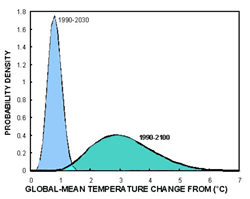A graph of the probability of different levels of global warming over the next century.
Courtesy of University Corporation for Atmospheric Research (UCAR
The Latest on Global Warming
News story originally written on August 3, 2001
A recent study by scientists at the U.S. National Center for Atmospheric Research has shown that there is a 90% chance that global
temperatures will rise 3-9 degrees Fahrenheit over the next 100 years. This is a big jump over the increase that was observed over the last 100 years, which was only about 1 degree. In the near future, the study predicts that average global temperatures will rise 1-2 degrees in the next 30 years.
The scientists say that whether or not these predictions actually come true or not depends on how involved the Earth's population gets in preserving its climates. They also caution that even dramatic policy changes designed to curb global warming would take a long time to really slow the temperature changes that are predicted.
You might also be interested in:

After many years of damage, scientists report that coral reefs in several parts of the world have started to recover during 2002! Each year a team of scientists who study coral reefs gives their assessment
...more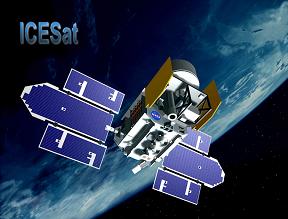
NASA launched the Ice, Cloud and Land Elevation satellite (ICESat) on January 12, 2003. ICESat will measure the height of the ice sheets that cover Greenland and Antarctica. These measurements will help
...more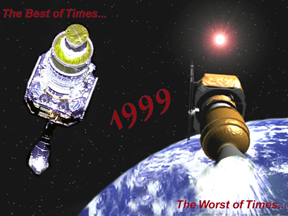
It was another exciting and frustrating year for the space science program. It seemed that every step forward led to one backwards. Either way, NASA led the way to a great century of discovery. Unfortunately,
...more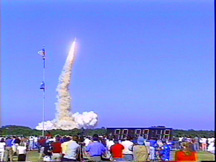
The Space Shuttle Discovery lifted off from Kennedy Space Center at 2:19 p.m. EST, October 29th. The sky was clear and the weather was great as Discovery took 8 1/2 minutes to reach orbit for the Unitied
...more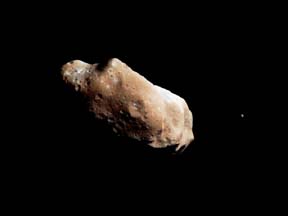
A moon was discovered orbiting the asteroid, Eugenia. This is only the second time in history that a satellite has been seen circling an asteroid. A special mirror allowed scientists to find the moon
...more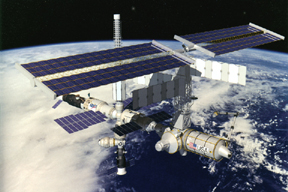
Will Russia ever put the service module for the International Space Station in space? NASA officials are demanding an answer from the Russian government. The necessary service module is currently waiting
...more
During a period of about two days in early May, 1998, the ACE spacecraft was immersed in plasma associated with a coronal mass ejection (CME). The SWICS instrument on ACE, which determines unambiguously
...more
